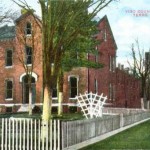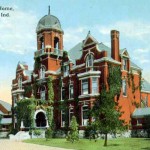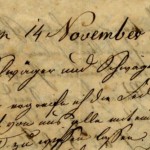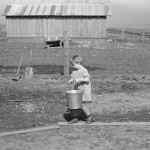When the train pulled in to the station at Noblesville, Indiana on an August day in 1859, it was carrying two young passengers who would go on to play important roles in American history.
Andrew Burke and John Brady were two New York street urchins who had been given a chance at a better life through the Children’s Aid Society.
“They were not more than ten or twelve years old,” it was said of the boys and their ilk, “yet they had all the manners of old roués, drinking their coffee, smoking and talking of gambling.”
In the mid-1850s, New York streets swarmed with tens of thousands of orphans and children from destitute families. Standard police protocol was to round up these street kids and incarcerate them along with common criminals.
Reformers attempted to address the crisis by housing the young vagrants in orphan asylums, where they were trained to work.
Charles Loring Brace disdained this system, founding the philanthropic Children’s Aid Society to fund the placement of indigent city kids with farm families in the Midwest and beyond.
Although not all of the children placed were orphans, Brace’s Emigration Plan became known as the Orphan Train movement.
Between 1854 and 1929, more than 120,000 children migrated to 45 states across the country, Indiana foremost among them in the early years.
The Hoosier State would serve not only as asylum, but springboard for Andrew Burke and John Brady, whose respective journeys would not stop before reaching the governor’s mansion.






















